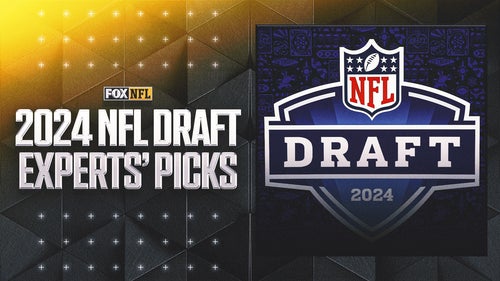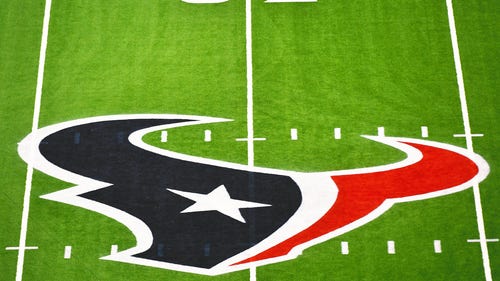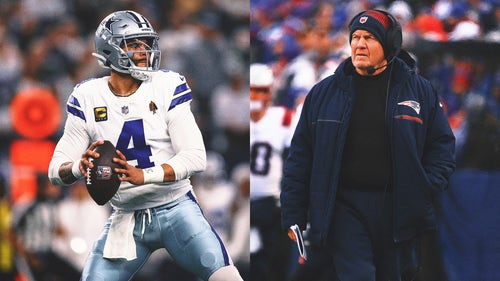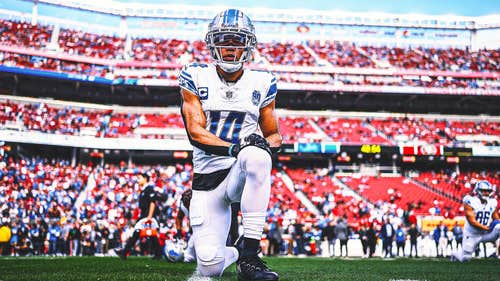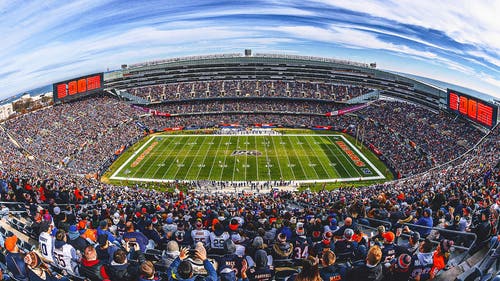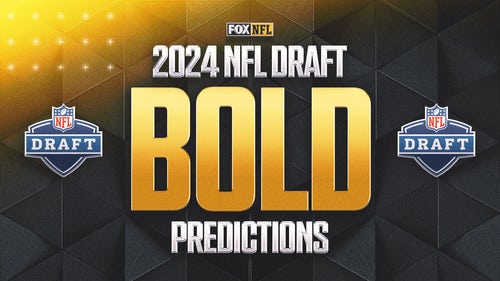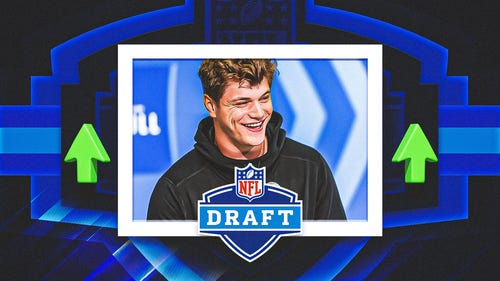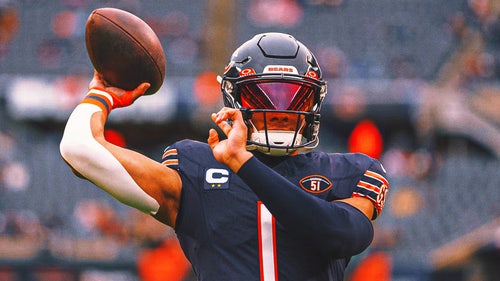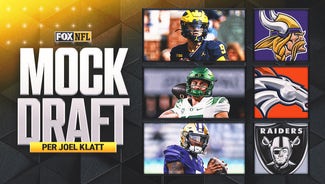
Giants' D comes together when it counts
The New York Giants’ two Super Bowl victories in the last four years, both at the expense of the favored New England Patriots, came in large part because of how one ball was caught in spectacular fashion, and how another was dropped in stunning disbelief.
David Tyree clutched a football on top of his helmet with just over a minute remaining in Super Bowl XLII, setting up Eli Manning’s game-winning winning TD pass. Wes Welker, the Patriots’ most dependable possession receiver, let a Tom Brady throw bounce right out of his hands with just over four minutes remaining in Sunday’s Super Bowl XLVI at Lucas Oil Stadium.
And that was a critical break the Giants defense — so maligned earlier this season — embraced as a true sign that this see-saw game would ultimately go their way in what became a brilliant 21-17 victory.
Why? “Because we were just out of position there,” defensive coordinator Perry Fewell admitted.
New England had a 17-15 lead with 4:06 remaining, sitting on second-and-11 at the Giants' 44. Brady hurled a pass deep down the left-side numbers toward Welker, slightly underthrown but very catchable.
A two-high man coverage concept became a single-high, empty, because free safety Antrel Rolle didn’t get the check to stick on Welker.
Welker was alone. “It hit me right in the hands,'' he said, distraught about what happened to Brady’s well-placed pass. “I mean, it's a play I never drop, I always make.”
Fewell heaved a sigh of relief when Welker inexplicably couldn’t hang on. “When that happened,” Fewell recalled, “I said 'the Lord is with us today.'”
By then, the Giants defense, which played prevent too much for comfort throughout the first half, exploded with big-play fury. Corey Webster knocked away a third-and-11 pass to Deion Branch. The Patriots were forced to punt.
Brady, of course, would do his damage in this game, completing 27 of 41 passes for 276 yards and two touchdowns. But the game’s lone turnover was a Brady mistake early in the fourth quarter. An underthrown pass to hobbled Rob Gronkowski — a one-legged tight end playing with a debilitating high-ankle sprain — was plucked away by Giants linebacker Chase Blackburn.
Said Blackburn, “I saw the tight end break loose, and I just tried to burst with him, stay with him. I had the low position and I saw the ball was a little underthrown. So I just tried to box him out and play basketball.”
Or, just damn good defense.
“I saw that ball go up and once I saw both guys breaking for it,” said linebacker Michael Boley, the signal caller in the 4-3. “I had no doubt that Chase was gonna come down with that ball.”
It became that kind of game for the Giants defenders. They made their mistakes early, mixing coverages and blitzes so frequently in an attempt to confuse Brady, they often found themselves in the wrong place. That’s how, for example, the Patriots embarked on a 14-play, 96-yard scoring drive just before halftime — tying the Super Bowl record for the longest scoring march. Sitting back and waiting for Brady to throw only invited him to do it.
“We had to go out there and just be relentless,” Rolle said of the adjustment. “We made a couple of different calls where we played more man-to-man because we didn’t want him to continue to dink-and-dunk us the entire game.”
In a game where Brady’s greatness always threatened to steal whatever momentum the Giants had built, it was Big Blue’s defense that responded with highlight-worthy plays that put the brakes on New England’s head of steam.
Brady was, in fact, rattled early after the Giants punted on their opening series. Under pressure in the end zone by Justin Tuck, Brady threw the ball as deep as he could, without a receiver in sight. The Patriots were called for intentional grounding, a rarity that is a safety — only the sixth in Super Bowl history — and provided the game’s first two points.
In the second quarter, a critical third-down pass by Brady was knocked down by second-year end Jason Pierre-Paul, limiting the Pats to a 29-yard Stephen Gostkowski field goal.
When the third quarter opened with the Giants still playing back in coverage and Brady weaving a 12-yard scoring pass to tight end Aaron Hernandez that built a 17-9 New England advantage, Fewell knew he had to cease dropping his linebackers in man and start pressuring Brady more up front.
“Then we switched to a zone coverage,” Fewell said. “After he beat us on that touchdown, we wanted a coverage linebacker on him. We started to put our coverage linebacker more frequently. We blitzed less after that, yes.”
And then there was the big finish.
After Ahmad Bradshaw’s 6-yard TD put the Giants ahead again, there was no time for celebration on New York’s sideline: Brady had just under a minute and one timeout remaining to score a touchdown.
“That’s when we rose to the occasion,” Tuck said. With 36 seconds remaining Tuck sacked Brady for a 6-yard loss.
Brady’s final pass attempt — a soaring Hail Mary into the end zone from 51 yards out toward Hernandez — was swatted down by so many Giants hands, no one knows for sure who ultimately destroyed the Patriots’ Super Bowl dreams a second time.
“I was pretty close to the ball,” Rolle said. “It almost fell into his hands. But if it did, I was gonna make sure I was there to dig it out.”
The Giants’ season was salvaged from injuries, free-agent departures and a late-season slide. They triumphed with six clutch late-game comebacks that mirrored what Super Bowl XLVI became to this defense.
“That could have been anyone’s ball in that end zone,” Rolle said, “but this . . . this was going to be our game.”






































































































































